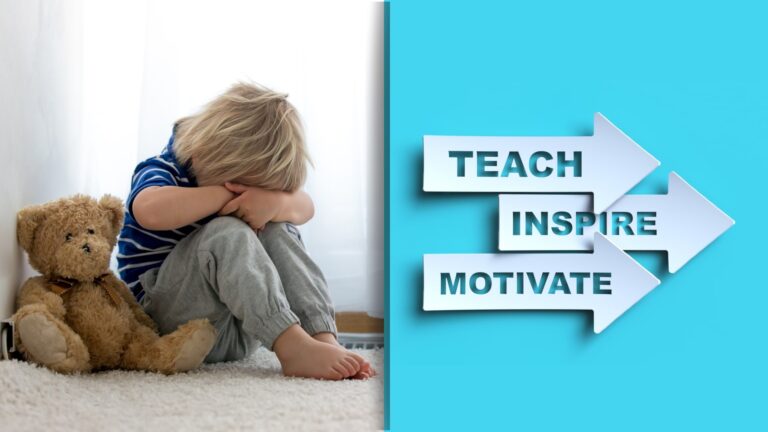Ideology-Neutral Early Education
Young children are natural explorers. They approach the world with wonder, asking questions and seeking understanding through direct experience. Our role as educators is to nurture this innate curiosity while providing a balanced foundation for learning.
What Makes Education Ideology-Neutral?
Ideology-neutral education focuses on developing core skills and critical thinking rather than promoting specific beliefs or worldviews. This approach:
- Presents information clearly and objectively
- Encourages questions and independent thinking
- Respects diverse family backgrounds
- Uses evidence-based teaching methods
- Focuses on fundamental skills
Benefits for Young Learners
When children learn in an ideology-neutral environment, they:
- Develop stronger critical thinking skills
- Feel more comfortable expressing their thoughts
- Build respect for different perspectives
- Gain confidence in their ability to reason
- Form their own understanding of the world
Creating a Balanced Learning Environment
Educators achieve this balance by:
- Using open-ended questions
- Providing diverse learning materials
- Creating inclusive spaces
- Supporting each child’s unique journey
- Building strong family partnerships
Every child deserves the opportunity to develop their own worldview through exploration and discovery. By maintaining an ideology-neutral approach, we prepare children not just for academic success, but for thoughtful engagement with our diverse world.

The goal isn’t to shield children from different perspectives but to give them the tools to understand and evaluate ideas as they grow.
Understanding Objective vs Advocacy Teaching
As educators, our responsibility lies in fostering an environment where children can develop their understanding of the world through clear, unbiased information. The distinction between explaining and promoting ideas is crucial for maintaining professional integrity in early education.
The following table outlines key differences between objective teaching and advocacy approaches. This practical guide helps educators maintain professional boundaries while ensuring children receive factual, age-appropriate information that respects diverse family values and beliefs.
| Objective Approach | Advocacy Approach |
| 1. Information Delivery | |
| States what people believe without judgment | Presents one view as the “right” way |
| Presents observable facts and impacts | Uses emotional language |
| Uses neutral language and tone | Dismisses alternative viewpoints |
| Acknowledges different viewpoints exist | Includes calls to action |
| 2. Teaching Method | |
| “Some people believe X, others believe Y” | “This is the correct way to think” |
| “This is what this term means” | “Everyone should believe this” |
| “Here’s how this works in practice” | “Other views are wrong/harmful” |
| “Different families have different views on this” | “You should tell others about this” |
| 3. Student Engagement | |
| Answers direct questions simply | Encourages specific beliefs |
| Redirects personal questions to families | Challenges family values |
| Maintains professional distance | Shares personal views |
| Respects family boundaries | Creates pressure to conform |
By understanding and implementing these distinctions, educators can create learning environments that empower children to develop critical thinking skills while respecting the primary role of families in shaping their children’s worldviews.
The Importance of Curriculum Transparency in Early Education
Whereas in the past education was influenced by religious and culture-political ideologies, today it is dominated by modern concepts of identity or new gender theories. Incase school does promote certain ideologies, parents and guardians deserve clear information about the ideological content their children will encounter in educational settings. Transparency in curriculum choices isn’t just about disclosure—it’s about respect for families’ rights to make informed decisions about their children’s education.

Why Transparency Matters
Clear curriculum disclosure allows families to:
- Make informed educational choices
- Prepare for family discussions
- Align school and home values
- Participate actively in their child’s education
- Exercise their parental rights effectively
What Should Be Disclosed?
Educational institutions should clearly communicate:
- Specific ideological frameworks being taught
- Value systems being promoted
- Religious or cultural perspectives included
- Social and political viewpoints presented
- Alternative lifestyle representations
Benefits of Clear Disclosure
For Families
- Empowers informed decision-making
- Prevents unexpected conflicts
- Enables proactive family discussions
- Respects parental authority
- Builds trust with educators
For Educational Institutions
- Builds credibility and trust
- Reduces misunderstandings
- Prevents potential conflicts
- Demonstrates professional integrity
- Supports family partnerships
Professional Implementation
Educational institutions should:
- Provide detailed curriculum outlines
- Clearly state ideological positions if any
- Explain teaching approaches used
- Document specific materials and resources
- Offer regular curriculum updates
In an increasingly complex world, educational transparency isn’t optional—it’s essential. Institutions that clearly communicate their ideological positions demonstrate respect for families and commitment to professional integrity.
Recommendations for Schools
- Create detailed curriculum documents
- Hold regular parent information sessions
- Provide advance notice of sensitive topics
- Maintain open communication channels
- Respect family choices and boundaries
True educational partnership begins with honest, clear communication about what children will learn and experience in their educational setting.
The future of early education lies in creating environments where every child can develop essential skills while families maintain confidence in their educational choices. By maintaining professional objectivity and clear communication, we strengthen the partnership between educators and families—ensuring the best possible outcomes for every child in our care.
Ideology-neutral education is the only path to social justice and is the foundation for a peaceful and inclusive society.

Klavdija Svet, author of Elevate to Educate
Elevate your teaching skills and stay ahead of the curve! Receive our monthly Insights, packed with professional development opportunities, classroom inspiration, and the latest trends in education. Don’t miss out on the chance to take your teaching to the next level. Subscribe now!







